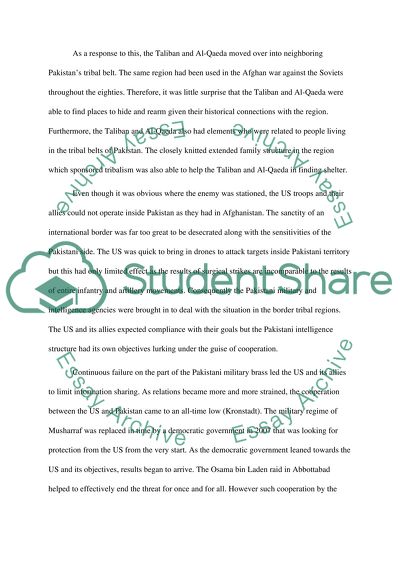Cite this document
(“Memogate - Fact, Fiction and Political Lies Essay”, n.d.)
Retrieved from https://studentshare.org/english/1446758-controversy-analysis-essay
Retrieved from https://studentshare.org/english/1446758-controversy-analysis-essay
(Memogate - Fact, Fiction and Political Lies Essay)
https://studentshare.org/english/1446758-controversy-analysis-essay.
https://studentshare.org/english/1446758-controversy-analysis-essay.
“Memogate - Fact, Fiction and Political Lies Essay”, n.d. https://studentshare.org/english/1446758-controversy-analysis-essay.


